HERMES Project
HERMES (Highly Efficient Super Critical ZERO eMission Energy System) aims to contribute to the renewable future by pioneering a zero-emission, highly efficient directly fired supercritical power system, operating in closed loop on renewable fuels.

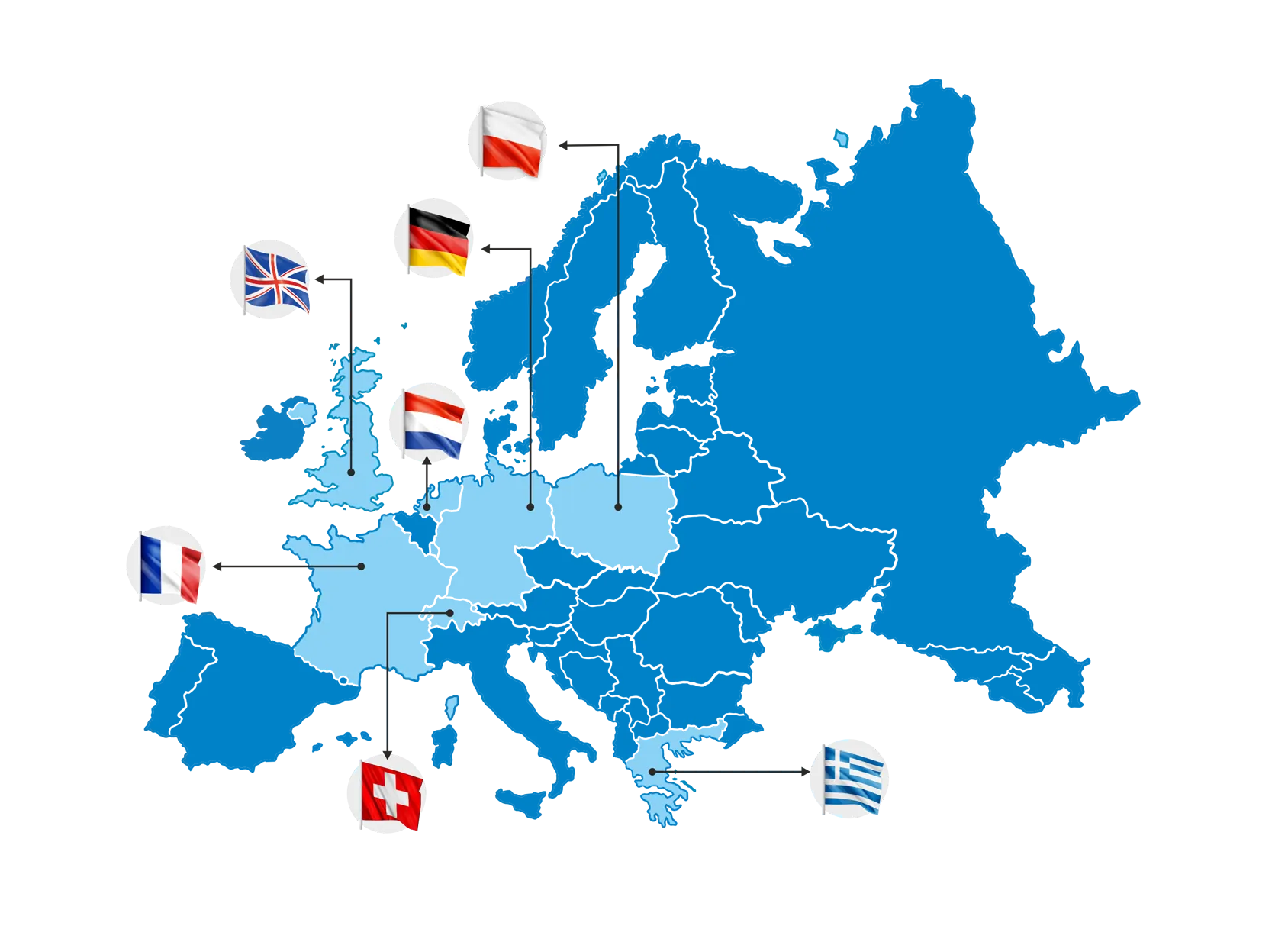
partners

The University of Twente (UT) pioneers the fusion between technology, science and engineering with social sciences to impact the world.
In the Faculty of Engineering Technology (ET) at the Department of Thermal and Fluid Engineering (TFE) and in the Faculty of Electrical Engineering, Mathematics and Computer Science (EEMCS) at the Department of Applied Mathematics we focus our research on finding solutions to the multidisciplinary problems positioned on the intersection of the thermodynamics, fluid mechanics, heat and mass transfer, system analysis and artificial intelligence. Experimental and numerical approach combined with theoretical analysis provide background to the development of new and advanced knowledge and expertise. Priority is given to the efficient use of energy and the minimization of the environmental impact of our future energy systems.
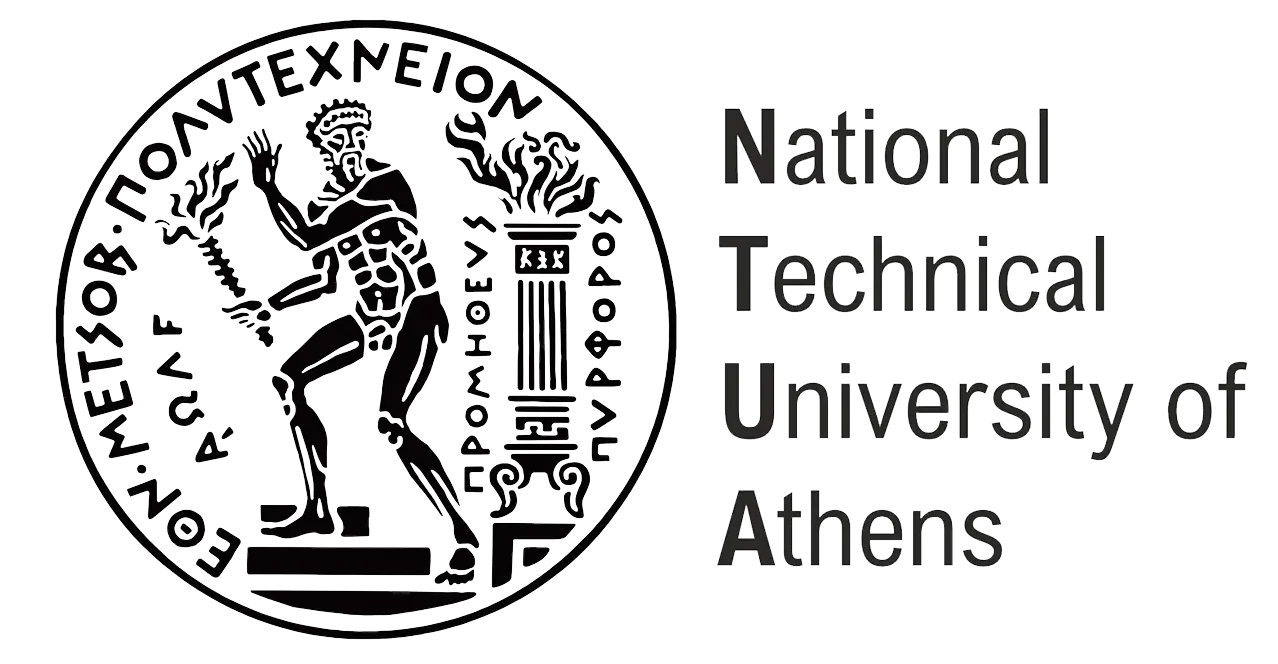
The National Technical University of Athens (NTUA), founded in 1836, is the oldest and most prestigious technical University in Greece.
The main research areas of NTUA.HMCS include: Combustion thermochemistry, fundamental heterogeneous multi-phase, multi-component, reacting flows and related industrial processes; building materials and components under heating/cooling and fire conditions; fire engineering, fire growth in buildings coupled with energy saving and energy storage technologies; process optimization-energy auditing for buildings and industry; development of multi-criteria assessment tools integrated with Life Cycle Analysis for techno-economic & environmental impact assessment of energy systems and technologies. NTUA.HMCS has coordinated or participated in 35 EU-funded projects since 2002. NTUA.HMCS currently coordinates the H2020 PLURAL (Plug-and-use renovation with adaptable lightweight systems) and CERESiS (ContaminatEd land Remediation through Energy crops for Soil improvement to liquid biofuel Strategies) projects.

EXERGIA is an independent firm of consultants operating internationally in the fields of energy and environment, member of SESMA
EXERGIA is an independent firm of consultants operating internationally in the fields of energy and environment, member of SESMA, the Hellenic Association of Management Consulting Companies (Greek branch of FEACO). It was founded in 1991 and maintains since then a rapid growth rate through expansion of its client base and of its activities. Having been involved in a large number of significant sustainable energy projects worldwide, EXERGIA is established among the top energy consulting companies. The wide scope of company’s projects ranges from consultancy to European Union and state policy and strategy formulation up to energy/environmental audits and feasibility studies for private clients.

Tec4Fuels is a competence center for conventional and alternative fuels and their application in existing and new technologies.
The company provides services in research and development of technical components and products, systems and energy carriers as well as their application in the energy market for Fuels. Tec4Fuels also offers R&D-related consulting and other services in addition to testing procedures and fuel checks. These include testing and certification, brokerage, and product manufacturing and distribution.
TEC4FUELS supports its customers in the following areas:
- Test and inspection procedures
Development of special hardware-in-the-loop (HiL) systems and execution of test procedures for quality assurance of technical components as well as conventional and alternative fuels, combustibles and lubricants - Fuel check for emergency power systems
Monitoring the quality of fuel supplies in emergency power systems to maintain availability and operational safety - Technical consulting
Consulting in fundamental questions of innovation management through preliminary, concept and series development to aftersales
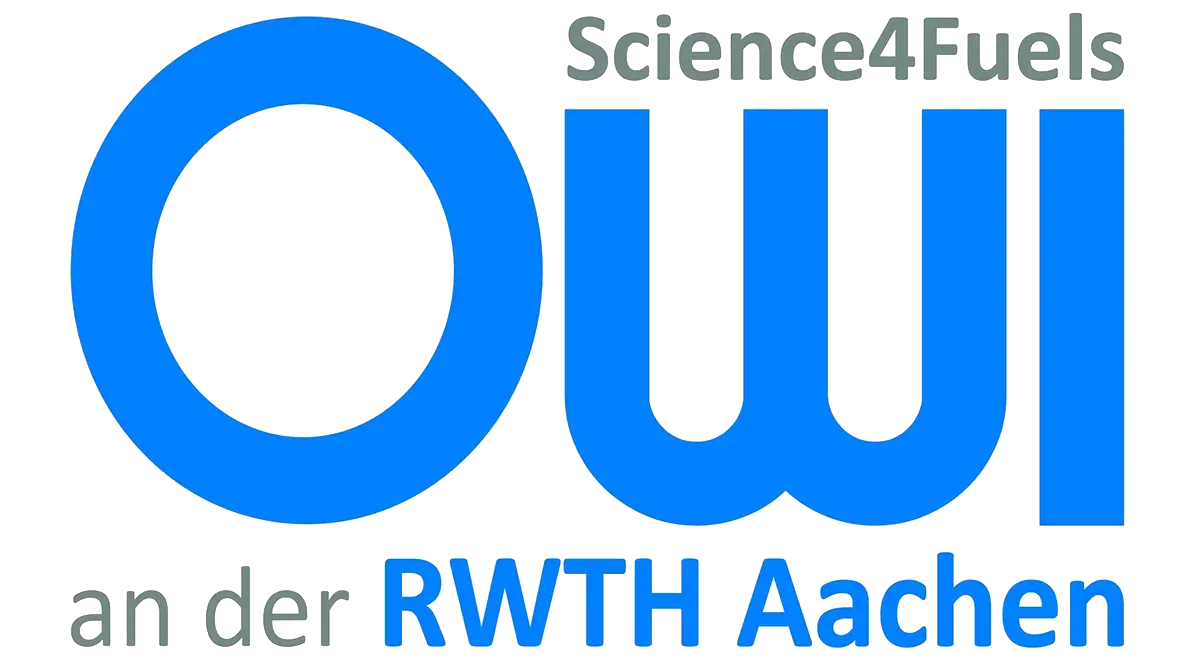
OWI is an independent non-profit research institute.
In cooperation with industrial partners and research institutes OWI develops concepts and technologies in the field of energy-efficient use of conventional and alternative fuels. The aim of the research activities is to develop advanced technologies and solutions for a future sustainable heat supply and mobility contributing to reduced pollutant- and greenhouse gas emissions. OWI is an affiliated institute to RWTH Aachen University and sees itself as a mediator between fundamental research and application. Within the framework of technology transfer OWI works on projects which are financed from public funds as well as on industrial research agreements. Clients range from manufacturers of domestic heating systems to companies of the automotive supply industry, the petroleum industry and the industrial furnace engineering to several other industries.

Cerfacs is a private research center, specialized in fundamentals of modeling and numerical simulation and their application.
Through its facilities and expertise in High Performance Computing, Cerfacs deals with major scientific and technical challenges of public and industrial interest. It hosts interdisciplinary teams combining physics, applied mathematics, numerical analysis, and software engineering, that design and develop innovative methods and software solutions to meet the needs of the aeronautics, space, climate, energy, and environmental sectors. Cerfacs is involved in major national and international research programs and is strongly interacting with its seven shareholders : Airbus Group, Cnes, EDF, Météo France, Onera, Safran and Total. It is also associated with academic partners: CNRS, Irit, CEA and Inria.
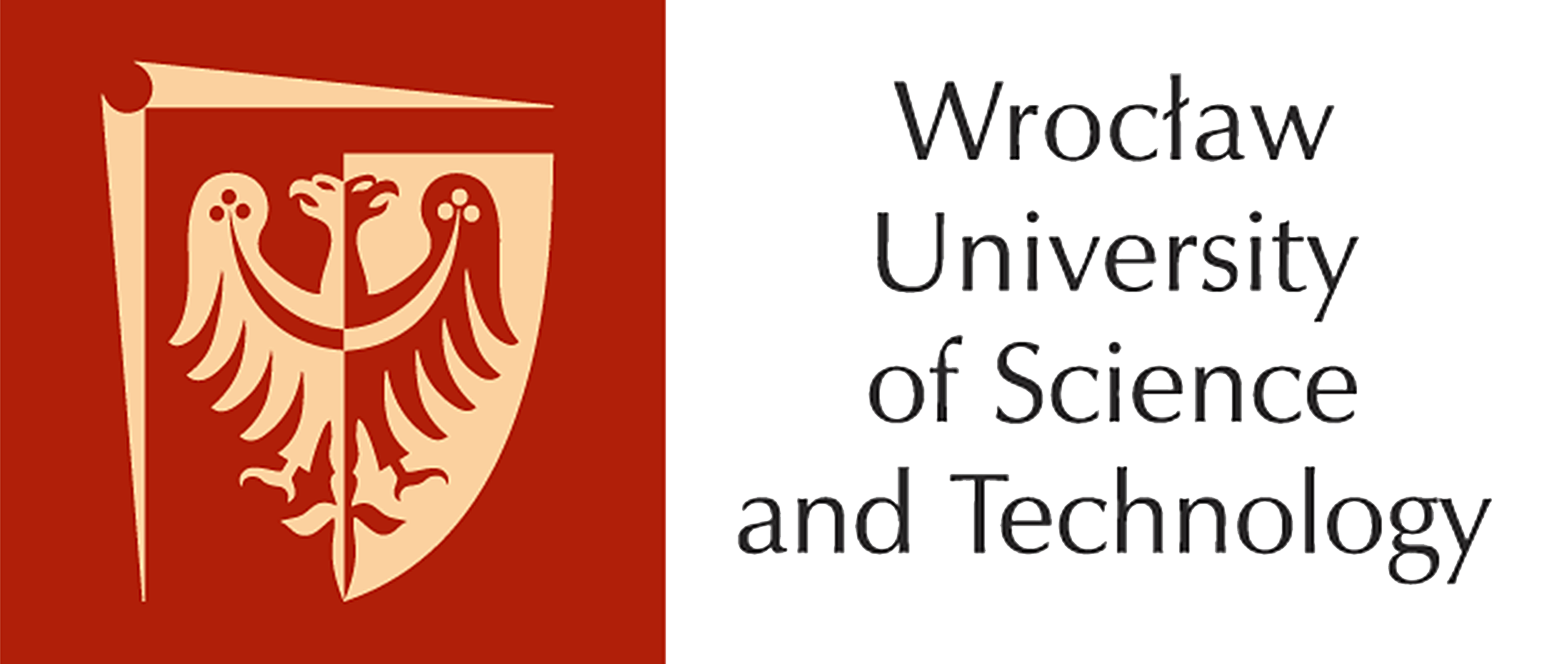
Politechnika Wrocławska (Wroclaw University of Science and Technology) is the leading scientific and educational centre in Poland, regularly ranked among the best in the national rankings.
WUST is an inheritor of the tangible property of the German University Königliche Technische Hochschule Breslau and the intellectual and scientific heritage of Lviv Polytechnic. It has been operating since 1945. In academic year 2019/2020 about 25 000 students and more than 900 doctoral students were educated and trained by about 2150 academic teachers in 13 faculties: Architecture, Civil Engineering; Chemistry. Electrical Engineering; Information and Communication Technology; Geoengineering, Mining and Geology; Environmental Engineering; Computer Science and Management; Mechanical and Power Engineering; Mechanical Engineering; Fundamental Problems of Technology; Microsystem Electronics and Photonics; Pure and Applied Mathematics. Scientists carry out their research in twelve disciplines, especially including new research problems in innovative energy generation, new materials. All research are included within three fields: engineering and technology, strict/natural sciences, and social sciences. Over the past ten years alone, WUST has been granted 1,283 patents, in which it is respected to be the national leader. WUST has 887 educational laboratories, 175 research laboratories, and 13 accredited laboratories.
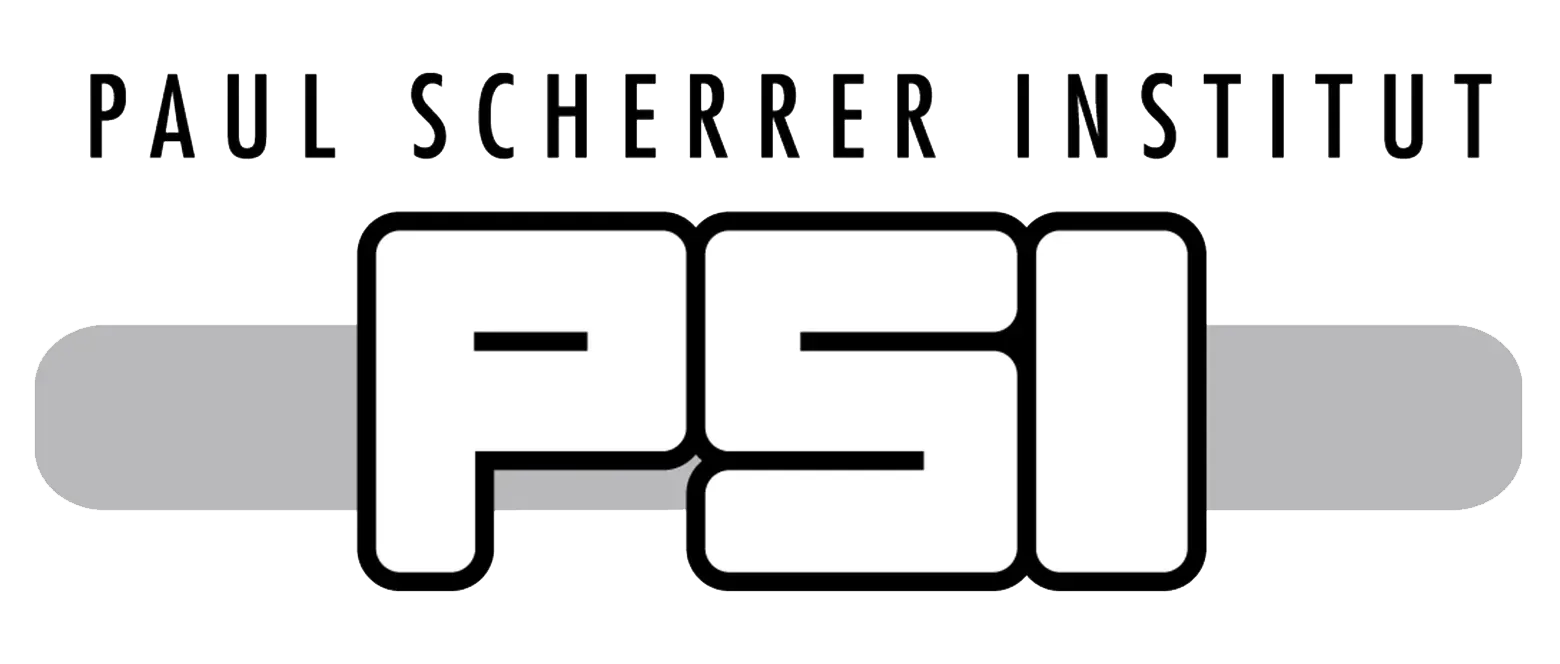
The Paul Scherrer Institute (PSI) is the largest research institute for natural and engineering sciences in Switzerland.
PSI performs cutting-edge research in the fields of future technologies, energy and climate, health innovation and fundamentals of nature. By performing fundamental and applied research, PSI works on sustainable solutions for major challenges facing society, science, and economy. PSI is committed to the training of future generations. Therefore, about one quarter of the staff are post-docs, post-graduates, or apprentices. Altogether, PSI employs 2200 people.» Since 2000, the Thermochemical Processes (TCP) group has been focusing its activities on the conversion of (waste) biomass via gasification either into 2nd generation bio-fuels or to electricity via high temperature fuel cells, gas turbines and gas engines. Since 2015 the conversion of biogas from anaerobic digestion and the production of renewable methane in Power-to-Gas applications is in the focus of the group.

Research at the Laboratory for Applied Mechanical Design (LAMD) at EPFL is focused on the design and experimental investigation of small-scale turbomachinery for decentralized energy conversion.
Typical applications range from small-scale gas turbines, and compressors for domestic heat pumps to high-speed expanders for waste heat recovery using Organic Rankine Cycles. Particular emphasis is given to the domestic and transportation sector.
Scaling laws for turbomachinery dictate increasingly small tip diameters and rising rotational speeds while lowering conversion powers. Hence, key research activities include a thorough theoretical and experimental study of high-speed bearing technologies and their effect on dynamic rotor behavior. A particular emphasis is put on dynamic, gas-lubricated bearing technologies. Furthermore, the laboratory specializes in integrated mechanical design and optimization methodologies.
The LAMD seeks strong ties with industry and other academic institutions connecting its research with “real world” problems through collaborative projects. From an educational perspective, links to the industrial world enable a vivid exchange of knowledge and ideas and give the students an opportunity to work directly for outside sponsors.

Imperial College London (IMP) is a science-based institution with a reputation for excellence in teaching and research and is consistently rated amongst the world's best universities (8th in QS World University Rankings 2022).
The Department of Mechanical Engineering is one of the largest in UK and has been awarded the highest possible rating in all UK Research Assessment Exercises and ranks 10th in the QS World University Rankings 2022. The Thermofluids group has extensive laboratory and computing facilities and experience over thirty-five years in the development and application of optical instrumentation and computational models for two-phase flows, combustion, heat transfer and fluid mechanics. The main research areas include: Combustion for sustainable power generation, aviation, land and marine transport; heat transfer for industrial processes, including fusion and fission reactors and food industry; multiphase flows for sustainable energy generation and storage; fundamentals of atomisation and sprays with applications to energy, chemical processes and health.

Destinus is a dynamic and vertically integrated company, based in Switzerland, committed to pioneering advancements in autonomous flight systems across the entire speed spectrum and sustainable energy solutions
Destinus Energy develops, manufactures and services state of-the-art gas turbine systems, and is headquartered in Hengelo, The Netherlands. In 2023, Destinus acquired Destinus Energy (formerly known as OPRA Turbines), marking a significant milestone in its journey towards sustainable energy innovation. As the parent company of Destinus Energy, Destinus is dedicated to expanding its product portfolio, closing global partnerships and reinforcing its vision for a greener future. With over 30 years of market presence, the OP16 gas turbine is a flagship product renowned for its reliability, availability, fuel flexibility and minimal maintenance requirements. The OP16 offers cost-effective and robust solutions for global energy needs, particularly in the 1.8MW turbine segment.
7 countries / 11 Partners
The overall objective of the project is to assess the performance of HEMRES system operating on a variety of liquid/gaseous renewable fuels to provide electricity with an efficiency above 65%, with net-zero GHG emission of other pollutants. The liquid and gaseous fuels that the system will be operating on will be methanol or hydrogen.
